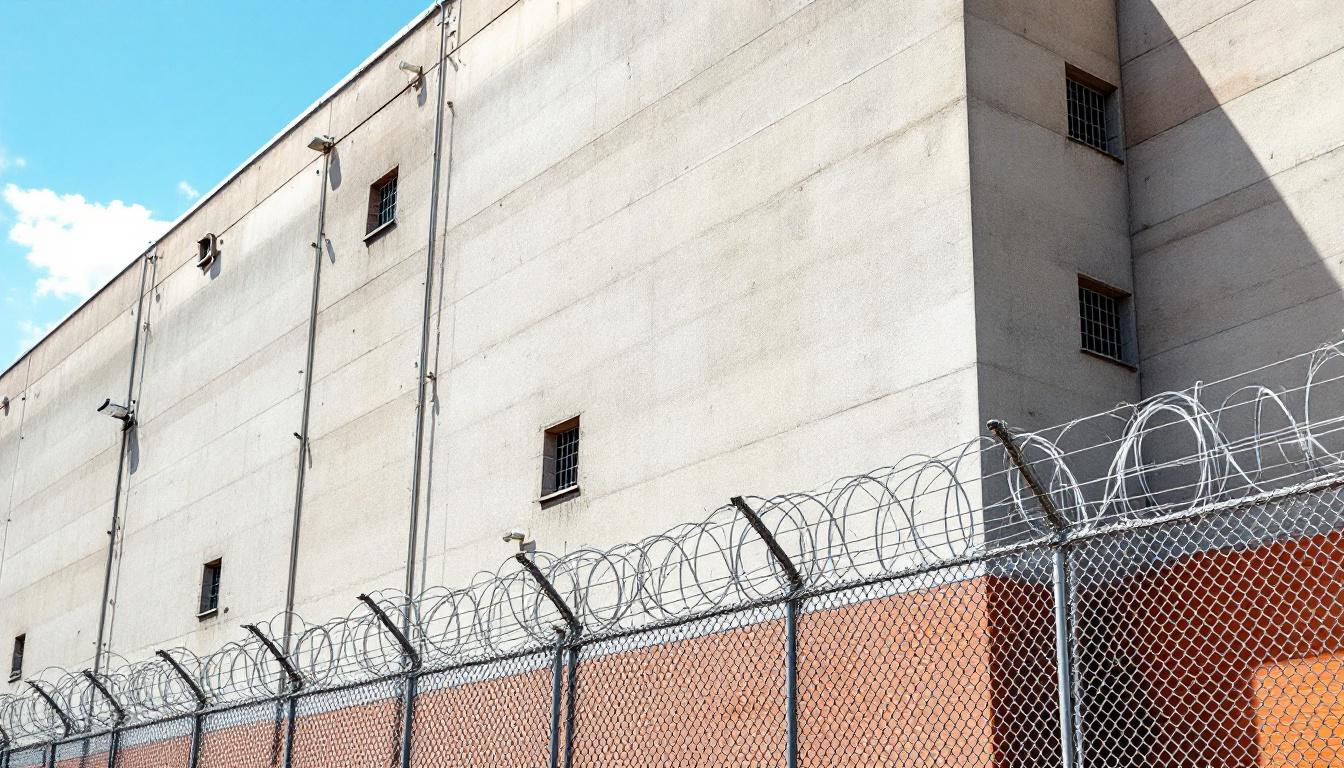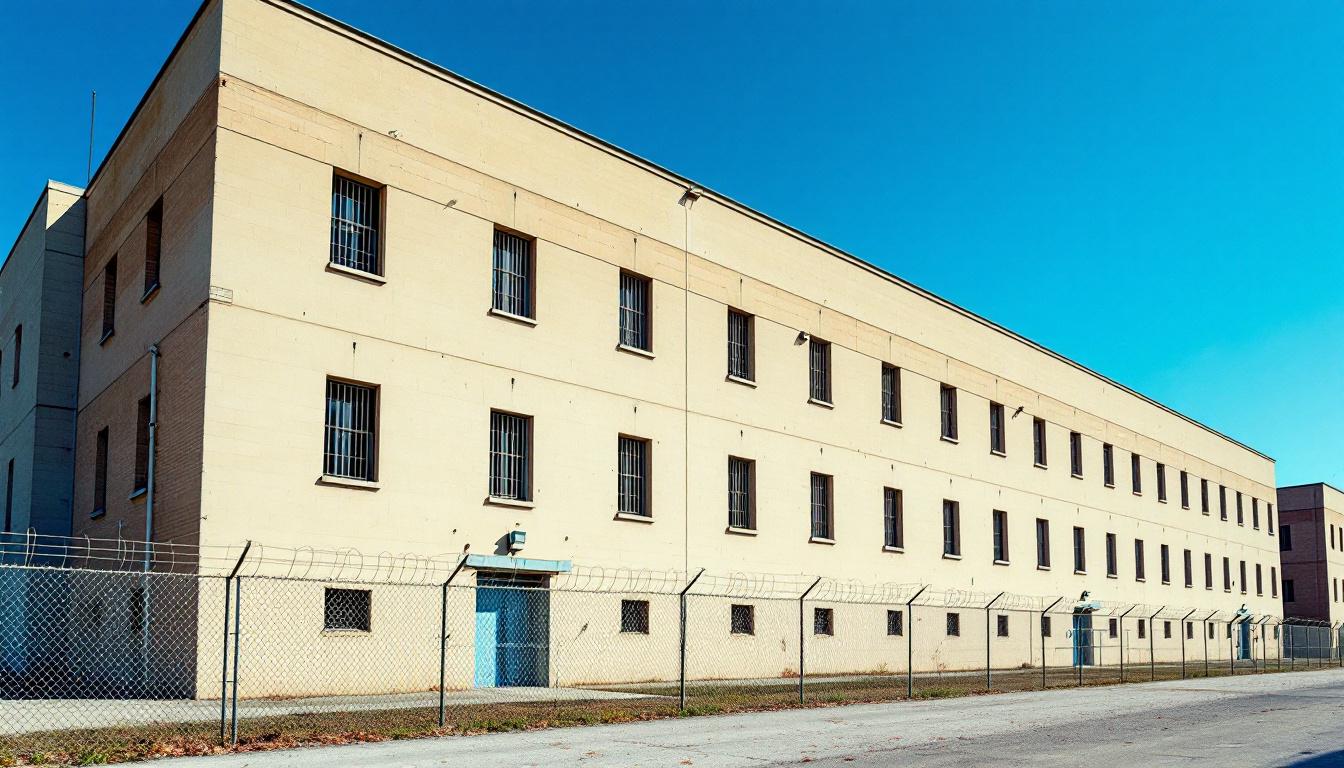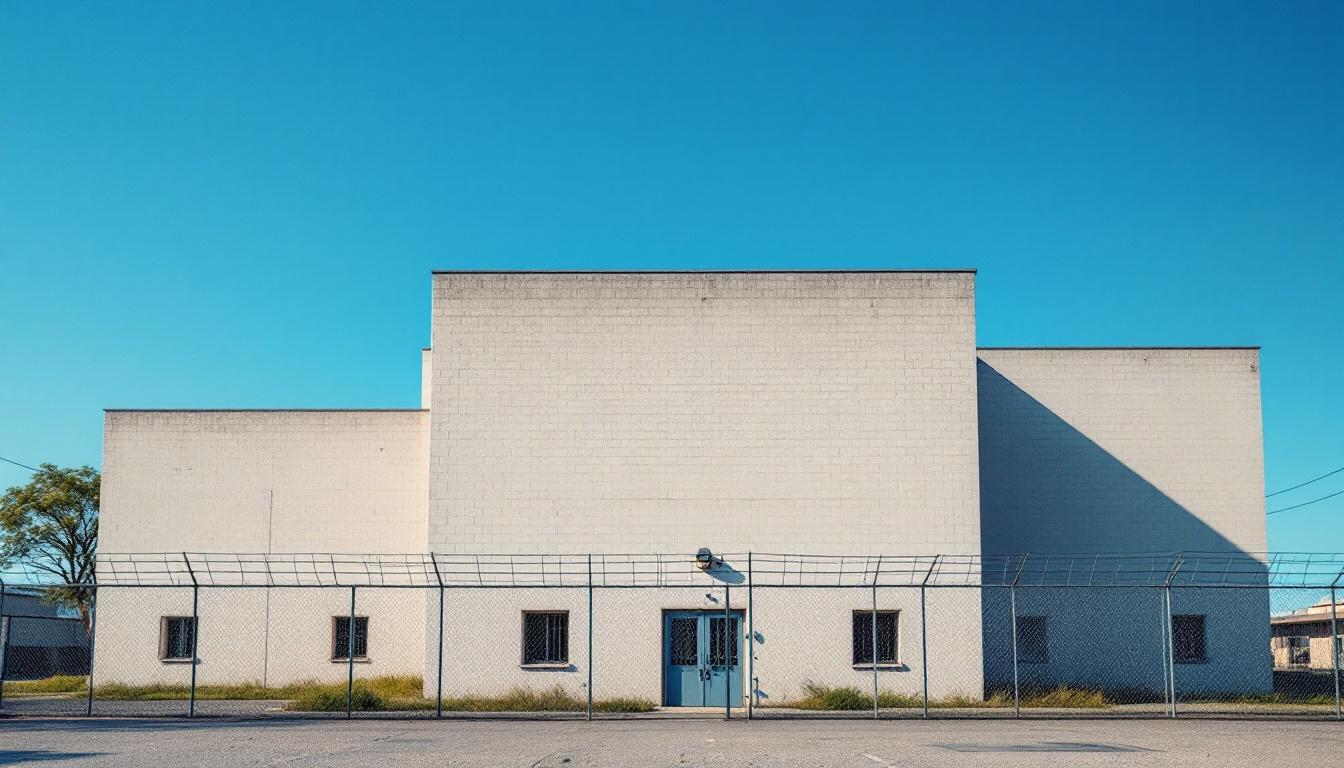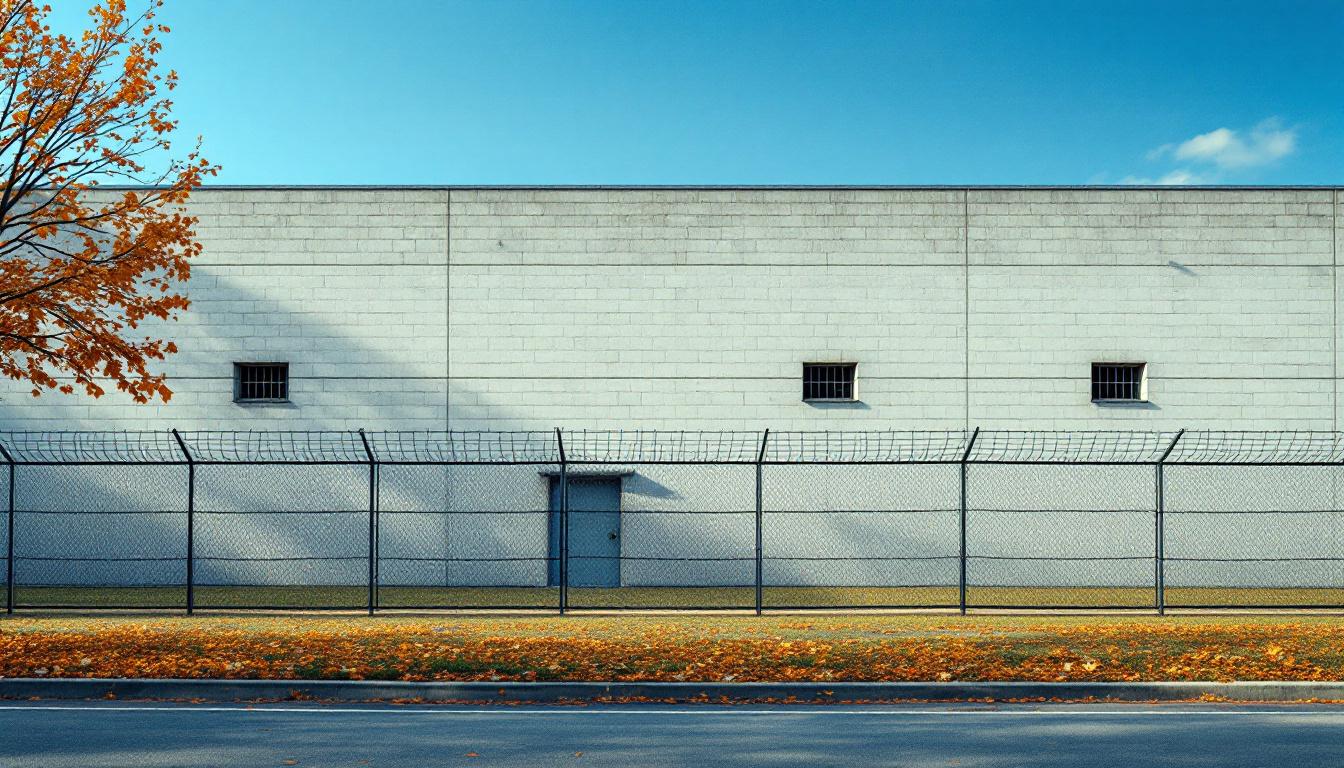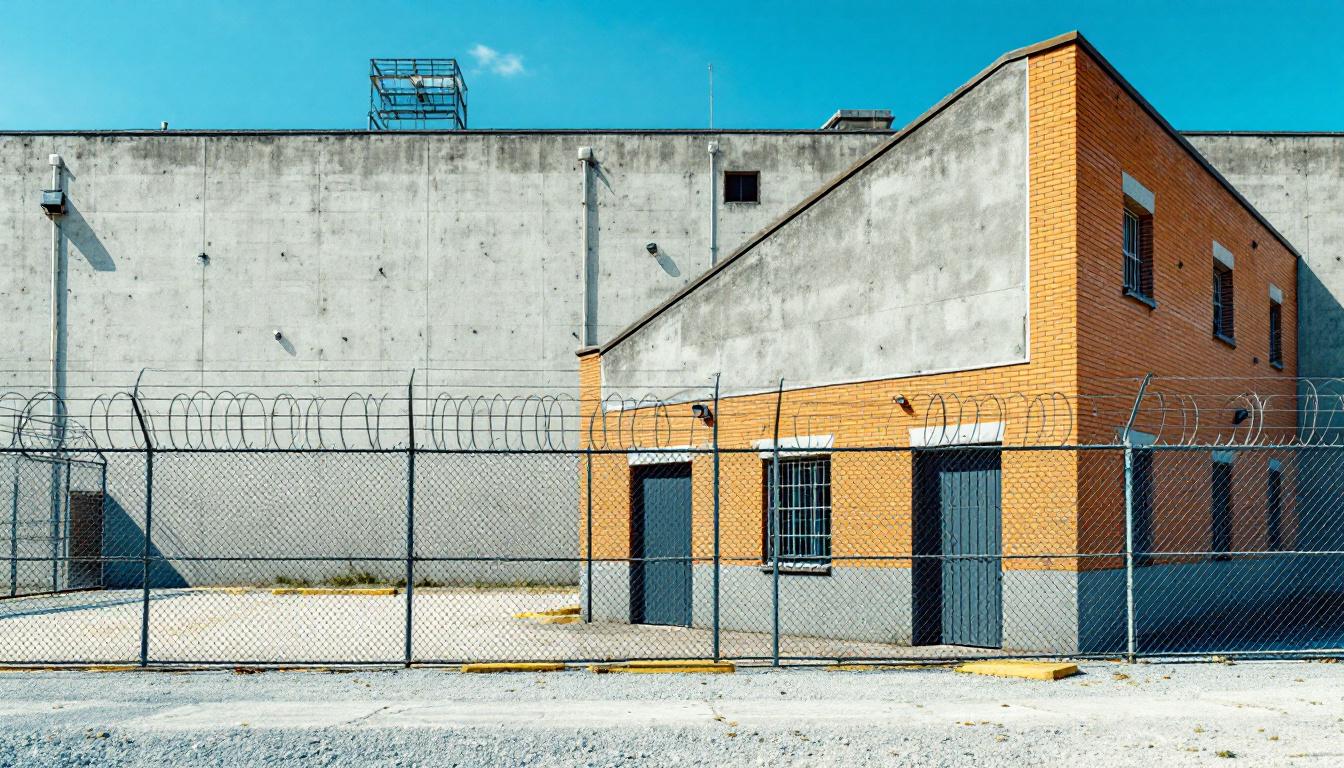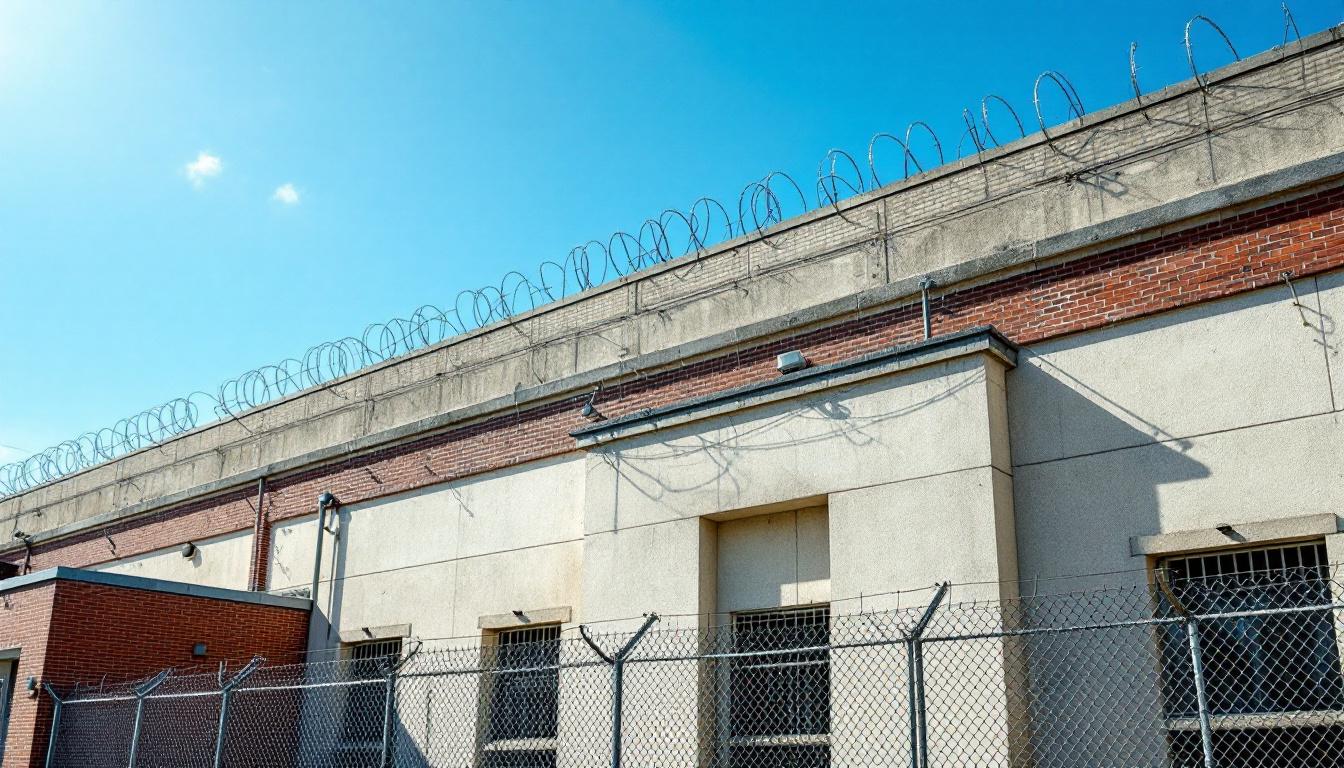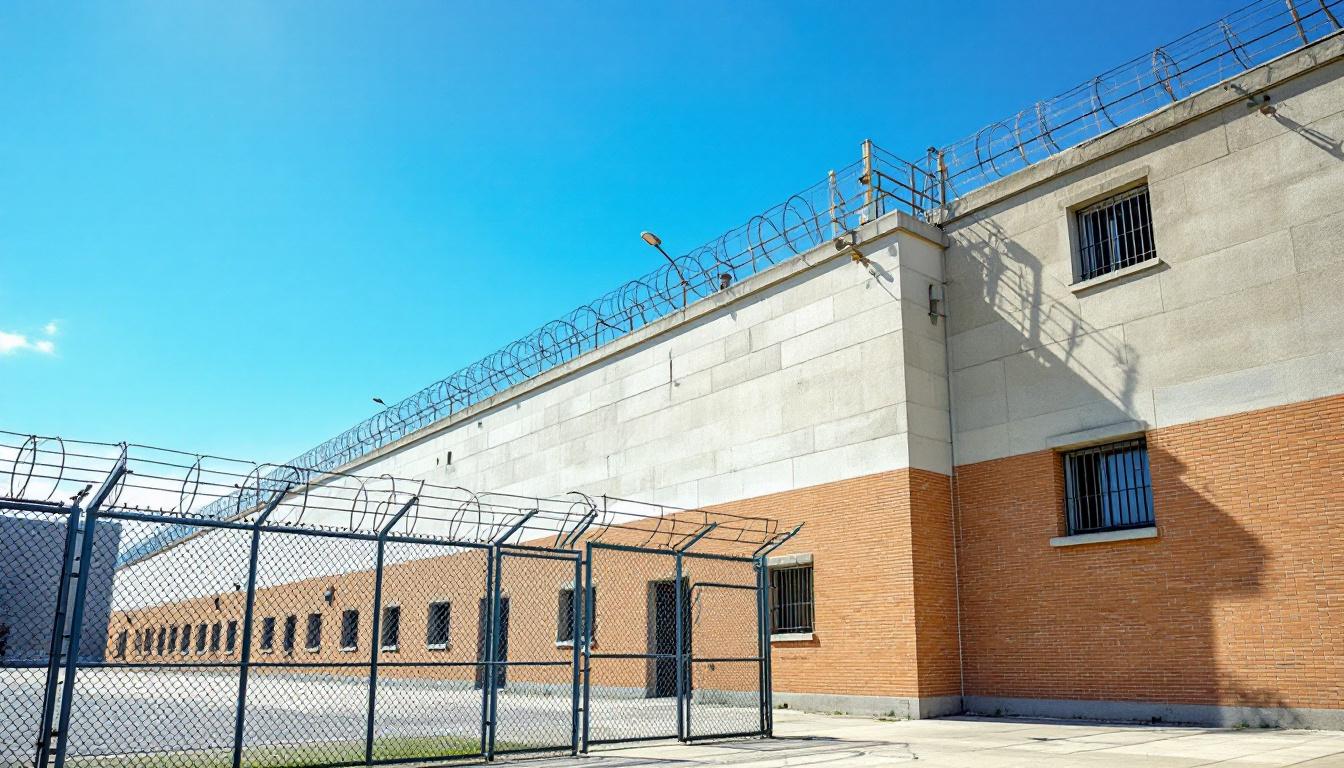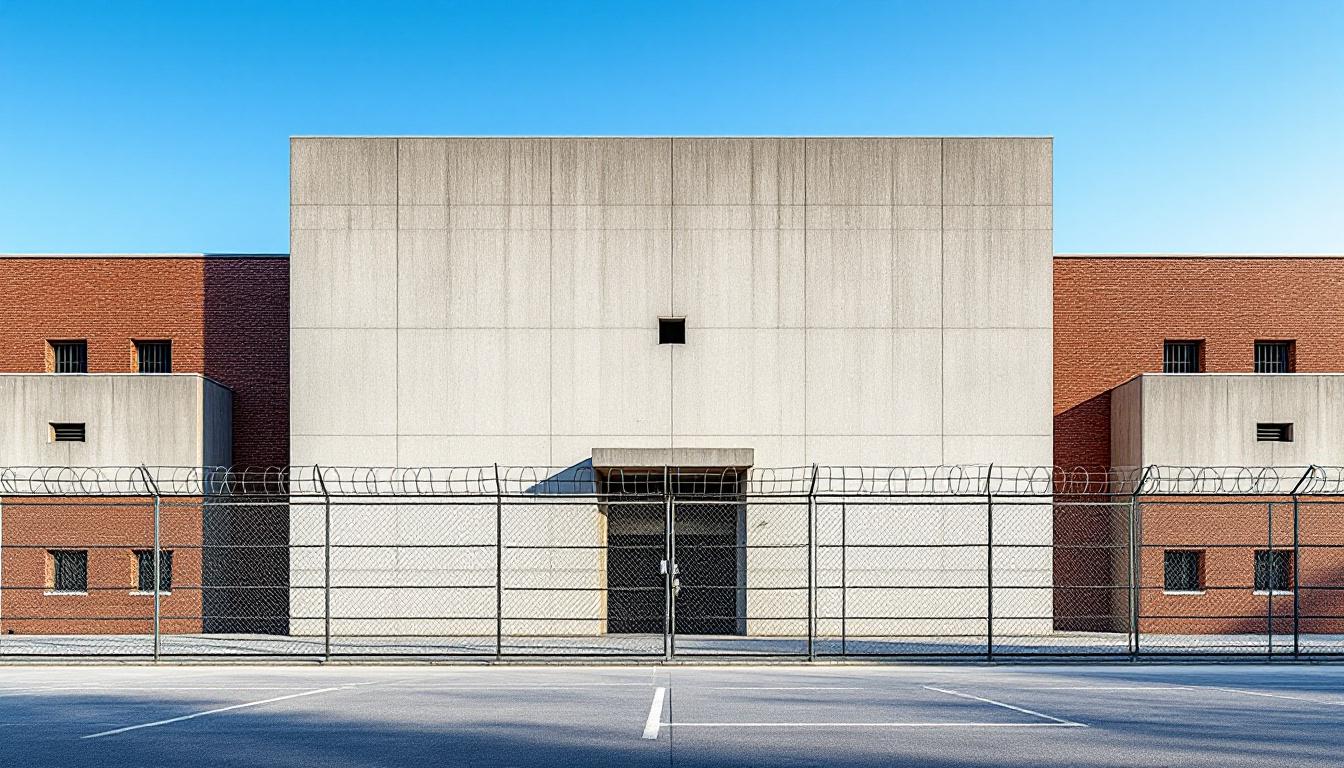
Quick Navigation
How to contact an inmate at Rolette County Sheriff's Office
This comprehensive guide will walk you through how to connect with an inmate at Rolette County Sheriff's Office. Follow the steps below to find an inmate and send letters and photos:
- Search for the inmate using our search tool below
- Create your account or log in to Penmate
- Write your message (up to 6,000 characters)
- Send instantly - inmates receive printed copies daily
Find an Inmate
Search for an inmate to start communicating today
Tip: You can search by first name, last name, or inmate ID number
To contact a person at Rolette County Sheriff's Office start by searching for the person on the official facility website. Perform a search by following these steps:
- Step 1: Enter their first name and last name into the search form and click "Search"
- Step 2: Locate their inmate record
- Step 3: Write down their Inmate ID and any housing information provided
Important! Be sure to enter the person's full name. Nicknames should not be used.
How to Send Messages to Inmates

You can use your phone or computer to send emails, letters, and photos to an inmate. Messages are sent electronically to inmate tablets or kiosks at the facility. If you would like to send a message, start by searching for an inmate at Rolette County Sheriff's Office.
Sending Photos and Postcards

A great way to send love and support to a loved one at Rolette County Sheriff's Office is to send photos and postcards. It only takes a few minutes to send photos from your phone and it makes a huge difference. You can also mail postcards with words of support and inspiration, or design your own postcard for special moments like birthdays and holidays.
Important! Be sure not to send any explicit photos or they may not be approved by the facility. You can also use a photo printing app like Penmate to make sure your photos are printed at the correct size (4x6 or 3x5) and are mailed according to the rules and regulations of Rolette County Sheriff's Office.
Frequently asked questions about Rolette County Sheriff's Office
-
How long does it take to deliver a message?
If you're sending an email message your letter is usually delivered within 24-48 hours. For messages sent via mail you should expect delivery within 3-7 days. All messages will need be approved by Rolette County Sheriff's Office.
-
How much does it cost to send a message to Rolette County Sheriff's Office?
You can send a message free using your phone or mail a message via USPS for the price of a $0.60 stamp and envelope. You can also purchase credits or e-stamps from services starting at $1.99.
-
What services can I use to contact an inmate at Rolette County Sheriff's Office?
Penmate
You can use Penmate to send letters and photos to an inmate from your phone. It's an easy way to stay in touch during your loved one's incarceration. Use the inmate locator to find an inmate's location and contact information, then you can send messages within a few minutes.
Securus messaging
Securus may be another option for communicating with an inmate at Rolette County Sheriff's Office. You can create a friends and family account and purchase credits to send messages. All messages will be reviewed and must be approved by the facility.
JPay
Some county jails and state prisons may support sending messages with JPay. You must register an account with the system, find your loved one, and purchase stamps to send messages. For some locations you can also attach photos.
Smart Jail Mail
You may also check if Smart Jail Mail is available at Rolette County Sheriff's Office. Smart Jail Mail is operated by Smart Communications and has contracted with some state and county jails. After purchasing credits, your messages and photos are sent to the facility, printed out, and then handed out to your loved one.
-
What is the mailing address of Rolette County Sheriff's Office?
Mailing address:
Rolette County Sheriff's Office
16 1st Ave SW
Rolla, ND 58367
Phone: (701) 477-5623 -
What are the visiting hours at Rolette County Sheriff's Office?
Visiting hours at Rolette County Sheriff's Office vary by housing unit and security level. Generally, visits are scheduled on weekends and holidays, with some facilities offering weekday visits. Contact the facility directly at (701) 477-5623 or check their website for the current visiting schedule. Visits typically last 30-60 minutes and must be scheduled in advance.
-
What items are prohibited when sending mail to Rolette County Sheriff's Office?
Prohibited items typically include: cash, personal checks, stamps, stickers, glitter, glue, tape, staples, paperclips, polaroid photos, musical or blank greeting cards, hardcover books, magazines with staples, and any items containing metal or electronics. Only send letters on plain white paper with blue or black ink. Photos must be printed on regular photo paper (no Polaroids). Always check with Rolette County Sheriff's Office for their specific mail policies.
-
How do I send money to an inmate at Rolette County Sheriff's Office?
You can send money to an inmate at Rolette County Sheriff's Office through several methods: 1) Online using JPay, Access Corrections, or the facility's approved vendor, 2) Money orders mailed directly to the facility with the inmate's name and ID number, 3) Kiosks located in the facility lobby, or 4) Over the phone using a credit or debit card. Fees vary by method, typically ranging from $2.95 to $11.95 per transaction.
-
Can I schedule a video visit with an inmate at Rolette County Sheriff's Office?
Many facilities now offer video visitation as an alternative to in-person visits. At Rolette County Sheriff's Office, video visits may be available through services like Penmate, Securus Video Connect, GTL, or ICSolutions. Video visits typically cost $10-20 for 20-30 minutes and must be scheduled in advance. You'll need a computer or smartphone with a camera and reliable internet connection. Contact the facility for their specific video visitation policies and approved vendors.
-
What identification do I need to visit an inmate at Rolette County Sheriff's Office?
All visitors must present valid government-issued photo identification such as a driver's license, state ID, passport, or military ID. Minors must be accompanied by a parent or legal guardian who can provide the minor's birth certificate. Some facilities require visitors to be on the inmate's approved visitation list, which may require a background check. Contact Rolette County Sheriff's Office for specific ID requirements and visitor approval procedures.
-
How can I find out an inmate's release date?
To find an inmate's release date at Rolette County Sheriff's Office, you can: 1) Use the online inmate search tool if available, 2) Call the facility's records department, 3) Contact the inmate's case manager or counselor, or 4) Have the inmate provide this information during a call or visit. For privacy reasons, some facilities only release this information to immediate family members.
Facility Overview
Contact Information
Rolette County Sheriff's Office16 1st Ave SW
Rolla, ND 58367
Phone: (701) 477-5623
Official Website

About Rolette County Sheriff's Office
County jails throughout North Dakota's rural communities serve as essential components of the state's broader correctional framework, with each facility adapting to meet the specific needs of their local populations while maintaining alignment with statewide rehabilitation objectives. The Rolette County Jail, ND operates within this context in Rolla, a community that reflects the agricultural heritage and close-knit social fabric characteristic of the upper Midwest region.
Located in north-central North Dakota, this ND correctional facility typically functions as both a pre-trial detention center and a sentenced facility for individuals serving shorter terms within the county's jurisdiction. The facility generally operates under policies that emphasize maintaining family connections and community ties, recognizing that successful reintegration often depends on preserving these vital relationships during incarceration. Like many rural county jails across the Midwest, the facility may offer basic educational programming, substance abuse counseling, and work opportunities that align with the agricultural and service-based economy of the surrounding area.
The population services provided at this county jail often reflect North Dakota's commitment to addressing the underlying factors that contribute to criminal behavior, particularly substance abuse issues that have historically affected rural communities throughout the region. Staff typically work to coordinate with local social services, mental health providers, and community organizations to ensure continuity of care and support for individuals both during their stay and upon release. This collaborative approach supports the state's broader correctional goals of reducing recidivism while maintaining public safety in Rolla and the surrounding Rolette County communities.
Programs & Services
Comprehensive support services form the foundation of rehabilitation efforts within Rolette County Jail, where the population receives assistance through carefully structured programs designed to address individual needs. The facility typically emphasizes a holistic approach to support, recognizing that successful reintegration requires addressing multiple aspects of a person's life. Staff members often work closely with participants to identify areas where additional resources may provide the most benefit.
Educational programs serve as a cornerstone of the facility's offerings, providing the population with opportunities to complete basic literacy courses and pursue GED preparation. In addition to this, vocational training programs may supply practical skills training in areas that often align with local employment opportunities. These educational initiatives typically focus on building foundational knowledge while developing workplace readiness skills that can support successful community reintegration.
Work programs within the facility often include facility maintenance responsibilities, which provide the population with structured daily activities and transferable job skills. Transitional planning services may offer guidance for housing, employment, and community connections prior to release. Chaplaincy programs typically provide spiritual support and counseling services, creating additional avenues for personal growth and community connection. These support services often work together to create a comprehensive network of assistance that addresses both immediate needs and long-term stability goals.
Daily Life & Visitation
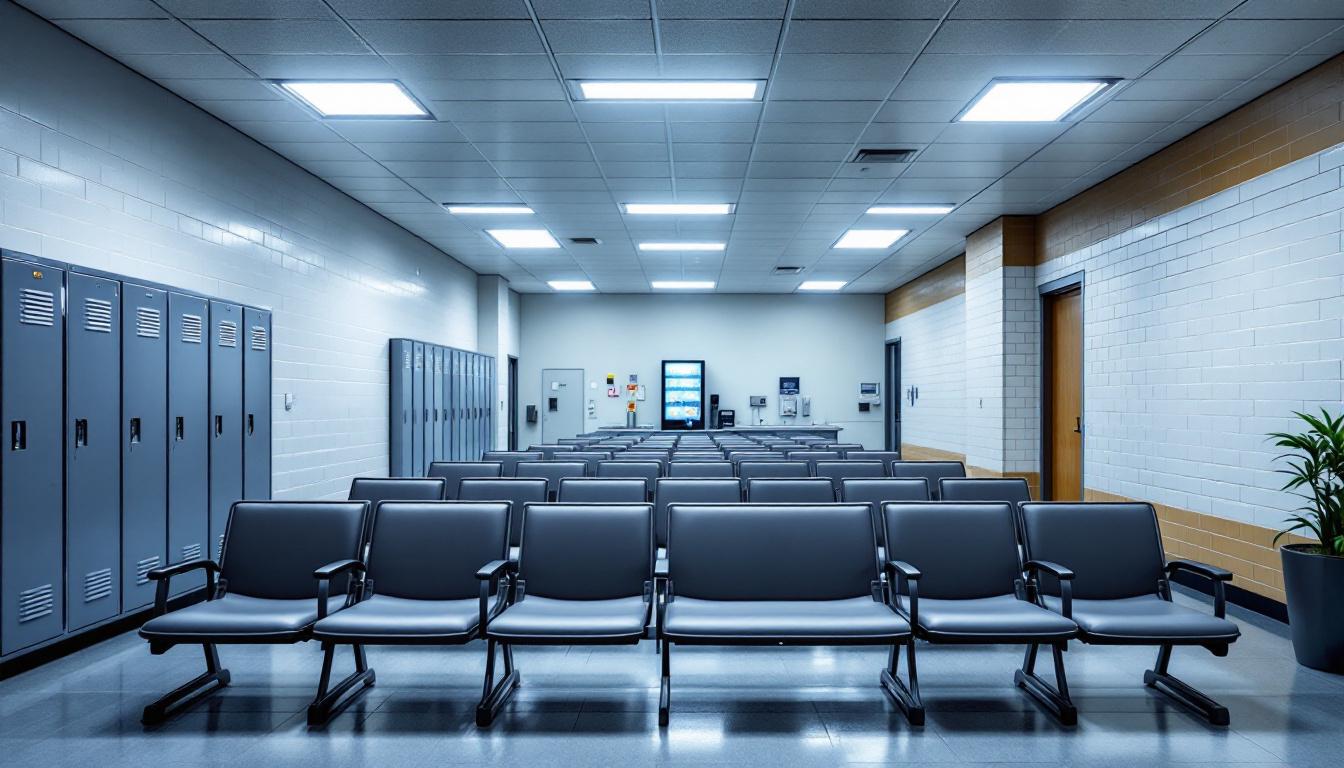
Systematic organization shapes every aspect of the experience for the population at Rolette County Jail, where structured routines now govern daily activities from wake-up calls through evening lockdown. The population regularly follows established schedules that typically include designated times for meals, recreation, and programming activities. Count procedures occur at regular intervals throughout the day, ensuring accountability while maintaining facility security. These organizational frameworks supply predictability and help residents adapt to the institutional environment.
Housing arrangements generally place the population in dormitory-style units or individual cells, depending on classification levels and available space. Living accommodations typically include basic furnishings such as beds, storage areas, and shared bathroom facilities. Meals are usually served in a common dining area at scheduled times, with the population rotating through in manageable groups. Personal property is generally limited to approved items, while commissary services may offer additional food items and personal care products for purchase.
In addition to this basic structure, recreational opportunities often include television viewing, reading materials, and limited outdoor exercise time when weather permits. Programming schedules may supply educational classes, substance abuse counseling, or work assignments such as kitchen duties or facility maintenance tasks. Despite this structured environment, visitation policies typically allow family members to maintain contact through scheduled visits and phone calls. Communication options generally include collect calling systems and may include video visitation services, helping the population maintain important family connections during their stay.
Ready to Connect?
Start communicating with your loved one today
Search for an Inmate
